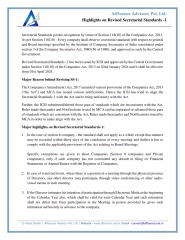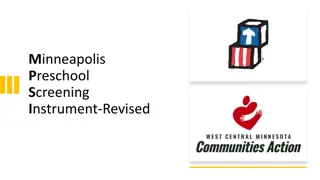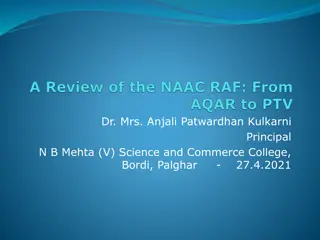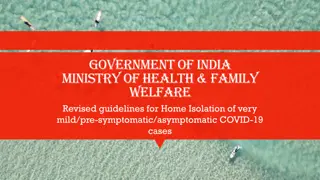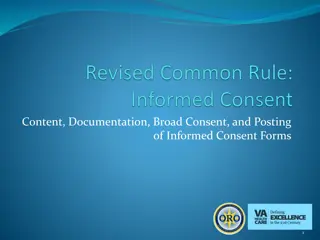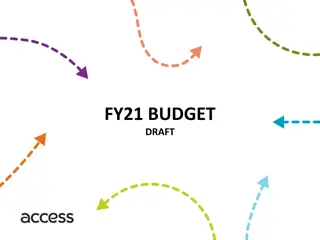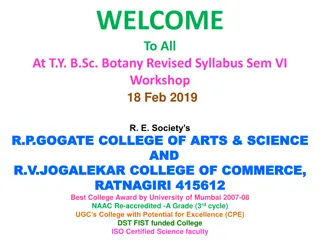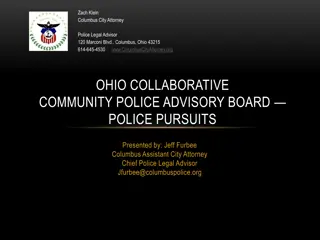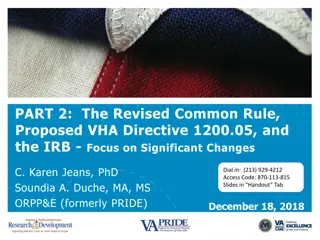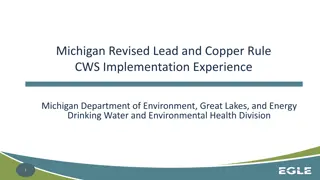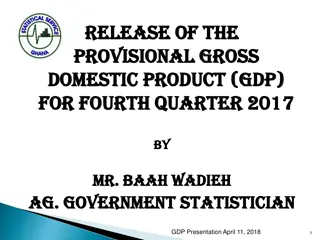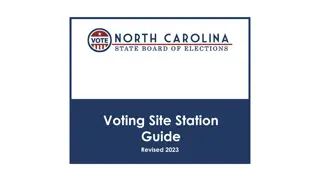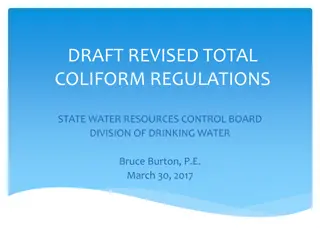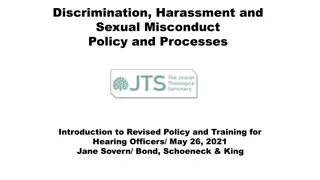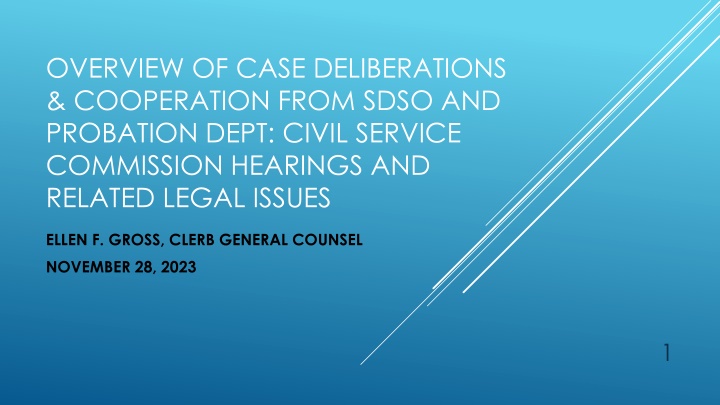
CLERB Hearings and Legal Issues Overview 2023
Gain insights into CLERB hearings, appeals process, cooperation from SDSO and Probation Dept, and related legal issues. Understand the procedures, burden of proof, and roles in the Civil Service Commission hearings. Learn about the appeal process, involvement of deputies/POs, and key responsibilities for fair evaluation.
Download Presentation

Please find below an Image/Link to download the presentation.
The content on the website is provided AS IS for your information and personal use only. It may not be sold, licensed, or shared on other websites without obtaining consent from the author. If you encounter any issues during the download, it is possible that the publisher has removed the file from their server.
You are allowed to download the files provided on this website for personal or commercial use, subject to the condition that they are used lawfully. All files are the property of their respective owners.
The content on the website is provided AS IS for your information and personal use only. It may not be sold, licensed, or shared on other websites without obtaining consent from the author.
E N D
Presentation Transcript
OVERVIEW OF CASE DELIBERATIONS & COOPERATION FROM SDSO AND PROBATION DEPT: CIVIL SERVICE COMMISSION HEARINGS AND RELATED LEGAL ISSUES ELLEN F. GROSS, CLERB GENERAL COUNSEL NOVEMBER 28, 2023 1
CSC RULE XV ADDRESSES APPEALS FROM CLERB SUSTAINED FINDINGS LAST CSC HEARING ON A CLERB FINDING WAS IN 2017 APPEAL RIGHT IS TRIGGERED AFTER PUBLICATION OF CLERB S SUSTAINED FINDING(S) AGAINST A DEPUTY OR PROBATION OFFICER (PO) DEPUTY/PO HAS 15 DAYS FROM DATE OF SERVICE OF CLERB SUSTAINED FINDINGS TO APPEAL CLERB CSC HEARINGS 2
Appeals are assigned to 1/5 Commissioners, randomly CSC Hearings are evidentiary, permitting witness and documentary testimony; all hearings are recorded CSC provides subpoenas for both people and documents CLERB main witnesses will be investigator, complainant (if applicable) and all others deemed necessary and relevant CLERB has burden of proof (preponderance of evidence) CLERB CSC HEARINGS -2 3
Deputy/PO may be called by CLERB in its case in chief and by Deputy/PO s attorney Issue of cooperation (Cty Admn. Code Section 340.15, and Penal Code Section 13510.8(b)(8)) After case is done, CSC s attorney drafts tentative ruling for review by entire CSC; opinion will be issued in 1-2 months from hearing Either CLERB or Deputy/PO may file a Writ of Mandate in Superior Court to challenge CSC s decision CLERB CSC HEARINGS - 3 4
To date, CLERB has 3 appeals filed involving seven deputies with a total of 10 appealable findings at this time CLERB has retained qualified and very competent counsel to represent CLERB in the CSC Hearings The Board may obtain updates on hearing matters in Closed Session CLERB CSC HEARINGS - 4 5
Your job as a CLERB Board member is to evaluate all the facts and circumstances of an incident as presented to you in a fair and impartial manner DO: Read the case files thoroughly before Closed Session and ask questions DON T: Let concerns about what could happen to a Deputy/PO should you vote to sustain a finding influence your vote DON T: Allow financial implications or potential civil liability to the County, a Deputy/PO, or a Complainant influence your vote DON T: Let injuries to persons, protected classes, or affinity with a Deputy/PO or person impacted by an incident bias you or impair your ability to remain fair and impartial REMINDERS WHEN ADOPTING/MAKING FINDINGS 6
Voting YES means that you approve of the recommended findings made by the CLERB Investigator Voting NO means that you do not approve of the recommended findings made by the CLERB investigator Stating that you ABSTAIN from a vote means that you are making a conscious decision not to vote. There can be several reasons for abstaining, but consider your choice carefully: abstention votes don t count as a YES or NO vote. VOTING OPTIONS FOR FINDINGS 7
All discussions, comments, deliberations, and decisions in Closed Session are confidential under the Brown Act, with limited exceptions, such as the findings that the CLERB Board approves Only the entire Board may waive Closed Session confidentiality Closed Sessions are also confidential because they involve attorney-client privileged communications and attorney work product Violations of the Brown Act can result in Board actions being challenged by the public, the reconsideration of actions to cure a violation, and a misdemeanor violation for breaches of confidentiality of Closed Session discussions BROWN ACT CONSIDERATIONS 8
GUIDING PRINCIPLES: Everyone has the right to participate in discussion if they wish, before anyone may speak a second time Everyone has the right to know what is going on at all times. Only urgent matters may interrupt a speaker Only one thing (motion) can be discussed at a time ROBERT S RULES OF ORDER 9
Thank you! QUESTIONS & DISCUSSION 10


